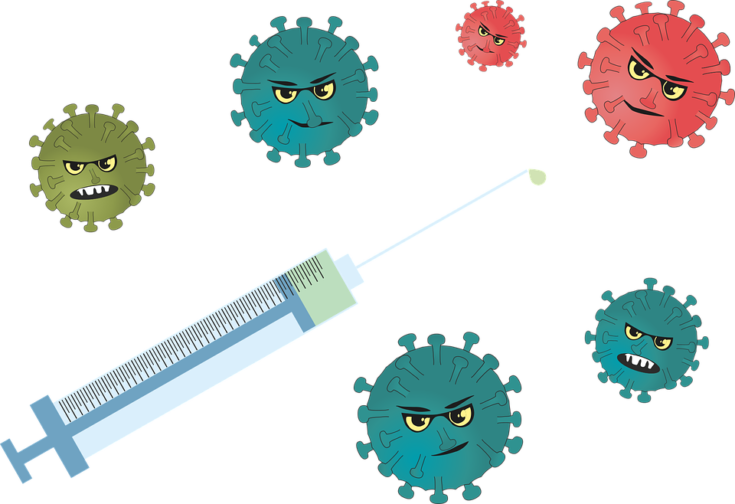Disclosure: This post may contain affiliate links, meaning we get a commission if you decide to make a purchase through our links, at no cost to you. Please read our disclosure for more info.
In today’s world, there’s a lot of misinformation floating around vaccinations and their effects on our children. At the end of the day, most of the negative side effects touted by those against vaccines aren’t provable or come from reputable sources. Plus, there are more than enough reasons to go ahead and vaccinate your children. Here are just a few:
In This Post:
1. Protection from Serious Illness
First and foremost and the main goal of vaccination is to safeguard the health of your child. Things like whooping cough, diphtheria, and rotavirus— diseases all typically vaccinated against in the first year of baby’s life— are all extremely serious illnesses that will leave your child suffering needlessly if you skip vaccinations. Sometimes, they can even be fatal. If your concern is that vaccines may cause developmental delays, autism, or other complications, ask yourself this: Are you willing to let your child face the negative consequences?
2. Very Few Risks
In regards to the last point about complications, it should be pointed out that much of what people believe to be true regarding the side effects of vaccines has been disproved by scientific research. The NHS elaborates on the side effects of vaccines—noting that, while there are rare cases in which serious side effects may arise, in the vast majority of occurrences there are generally only minor side effects or none at all. As far as the relationship between vaccines and autism, the doctor who published that study went on to lose his medical license for his conduct regarding the study, the paper was retracted by the journal it was printed in, and further research has never been able to replicate the results. There’s simply no reason to believe there is a link between vaccines and autism.
3. Preserving Herd Immunity
Another key point surrounding vaccinations is their effect on the population at large. Vaccines don’t just protect the person being vaccinated: they also provide a secondary layer of protection by reducing or eradicating the occurrence of the illnesses, which makes it safe for immunocompromised individuals to participate in society. Some children and adults can’t receive vaccines because their immune systems are too weak to fight off even the altered, inactivated, or killed organisms contained inside the vaccine that teaches your immune system how to fight the infection. That means the only way they can be a part of the public is if everyone who can be vaccinated is, reducing the chance that they’ll come into contact with one of these illnesses.
4. Enrolling in School
Most states require that your child be vaccinated to attend public or private school, meaning that missed vaccinations could result in your child being left behind in the educational system. These requirements go back to the herd immunity argument, as children are particularly susceptible to illness and unvaccinated children can present a real risk to those kids who can’t be vaccinated for medical reasons. While most states offer waivers and exemptions, if it’s not medically necessary for your child to skip vaccinations, it’s in your best interest to follow the CDC guidelines for vaccination schedules.
You want what’s best for your child, and today, it may sound like vaccines aren’t the right choice. Many sides present conflicting arguments, but only one is backed scientifically and medically: vaccines protect children. If you’re considering skipping vaccinating your child, stop to consider these positives, too.




